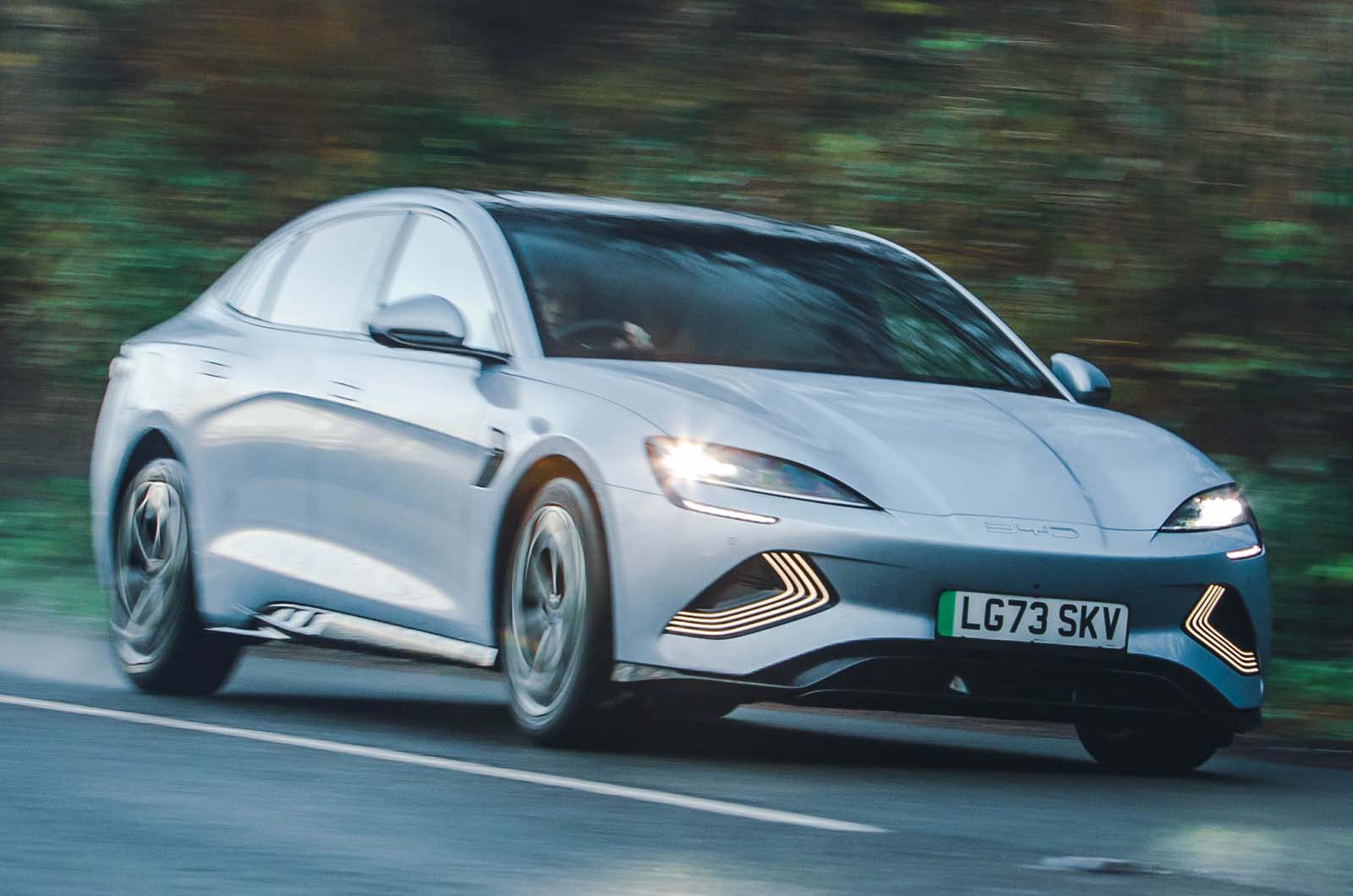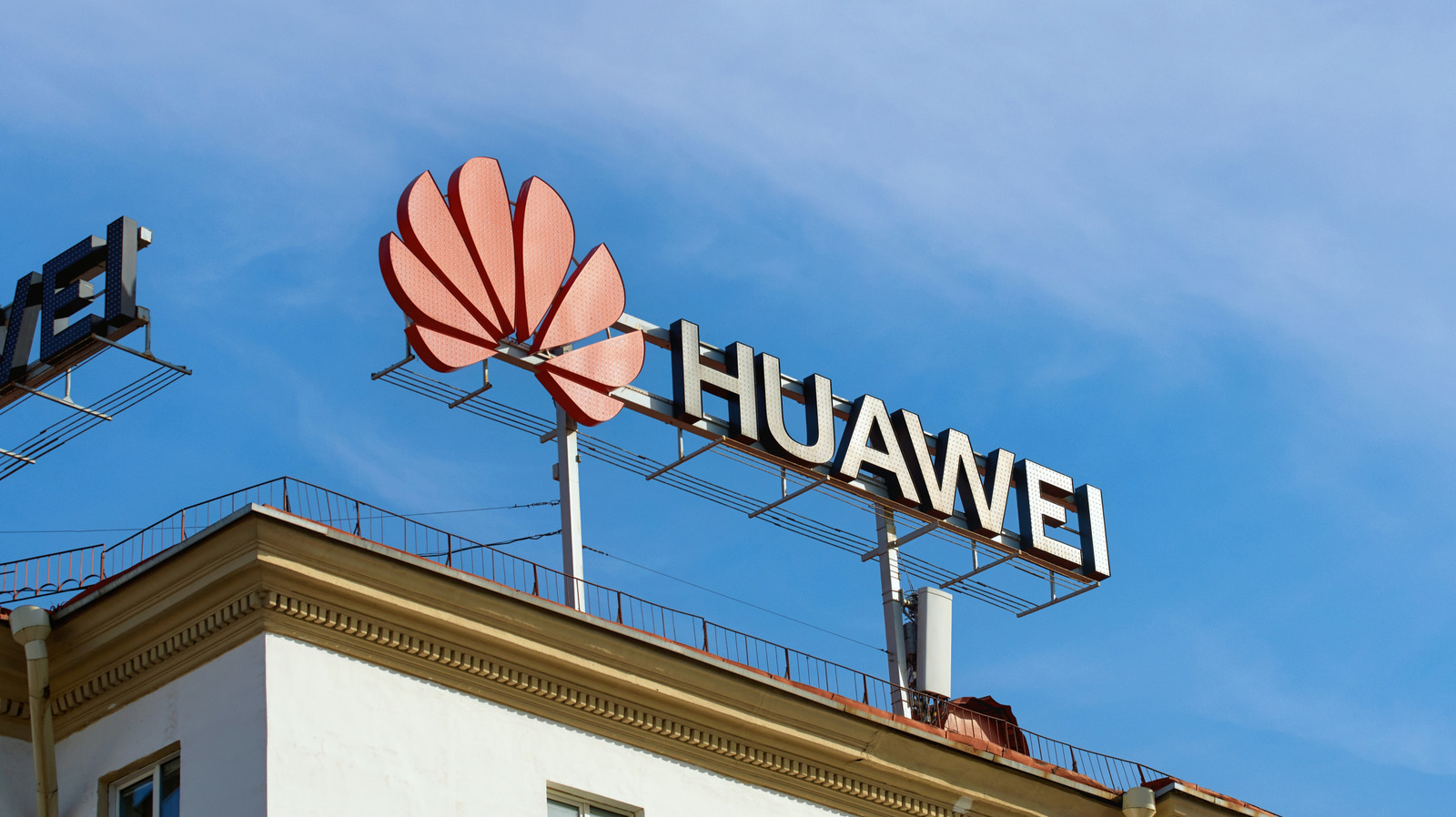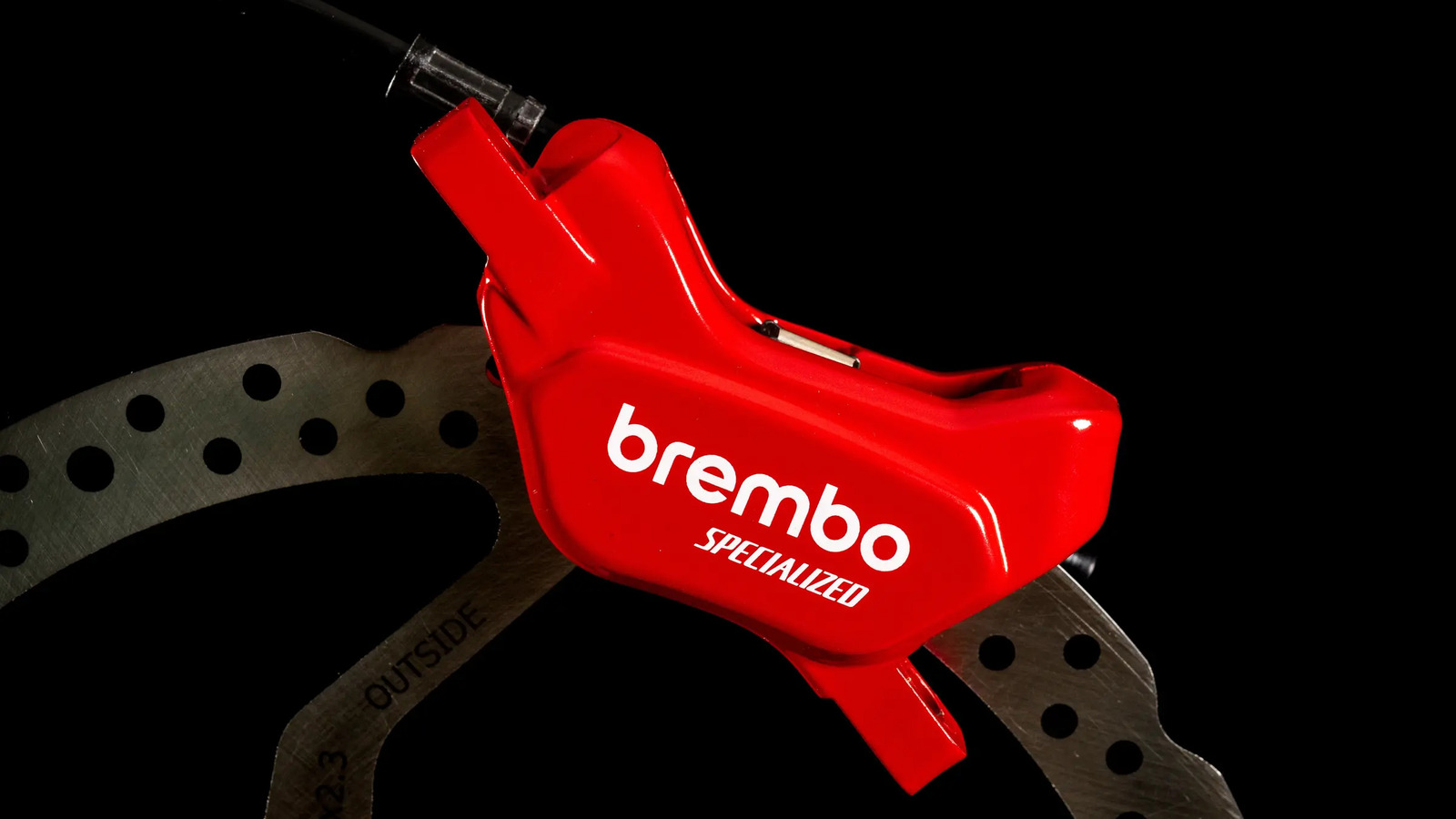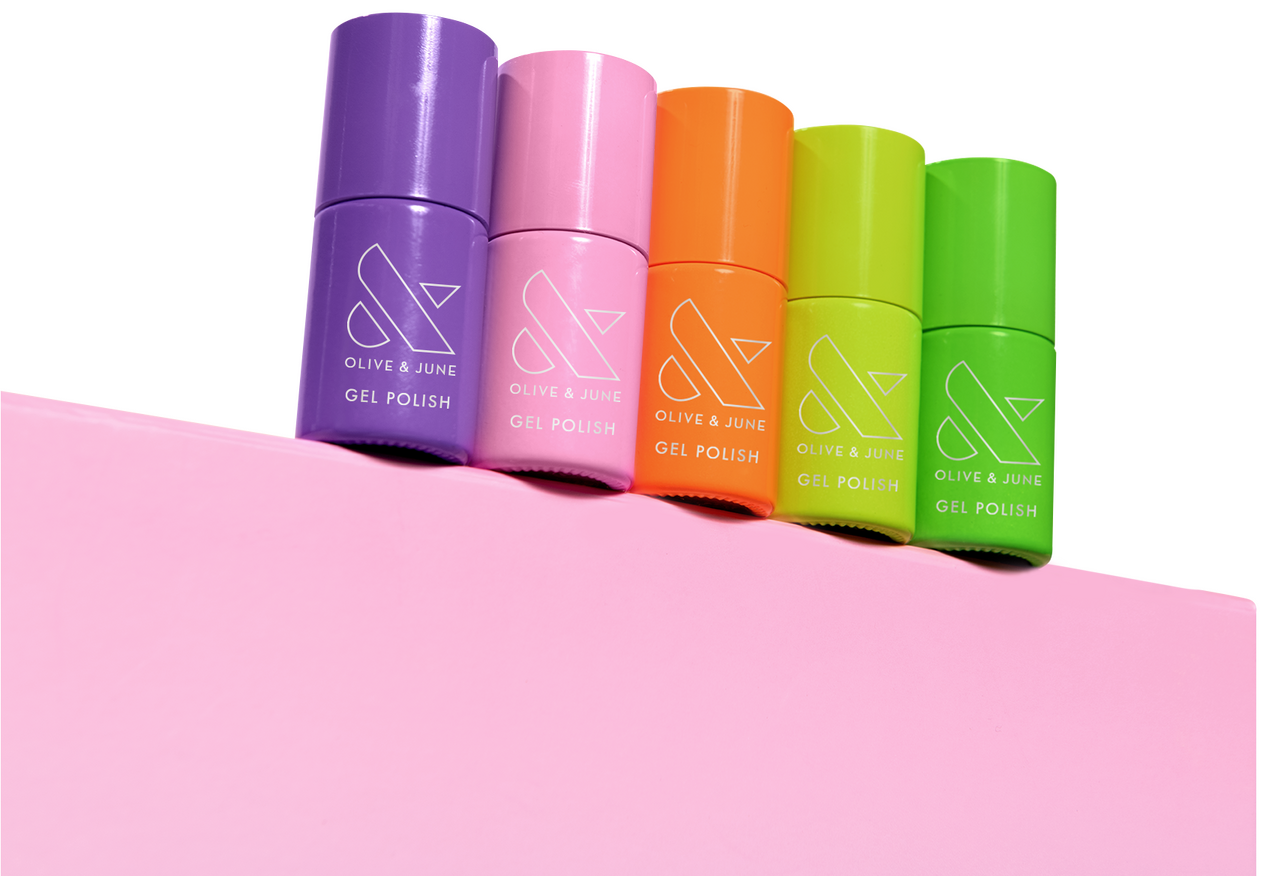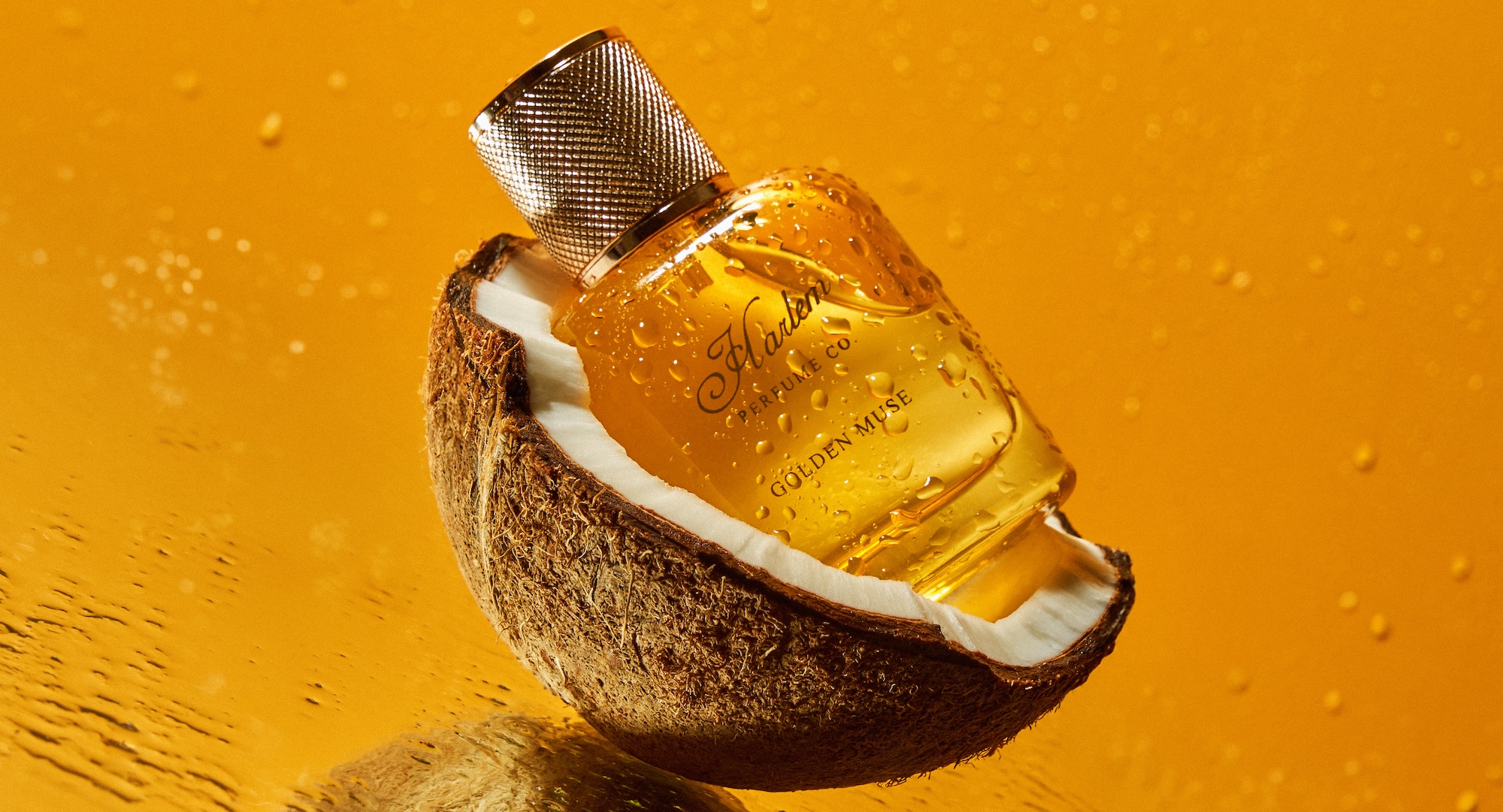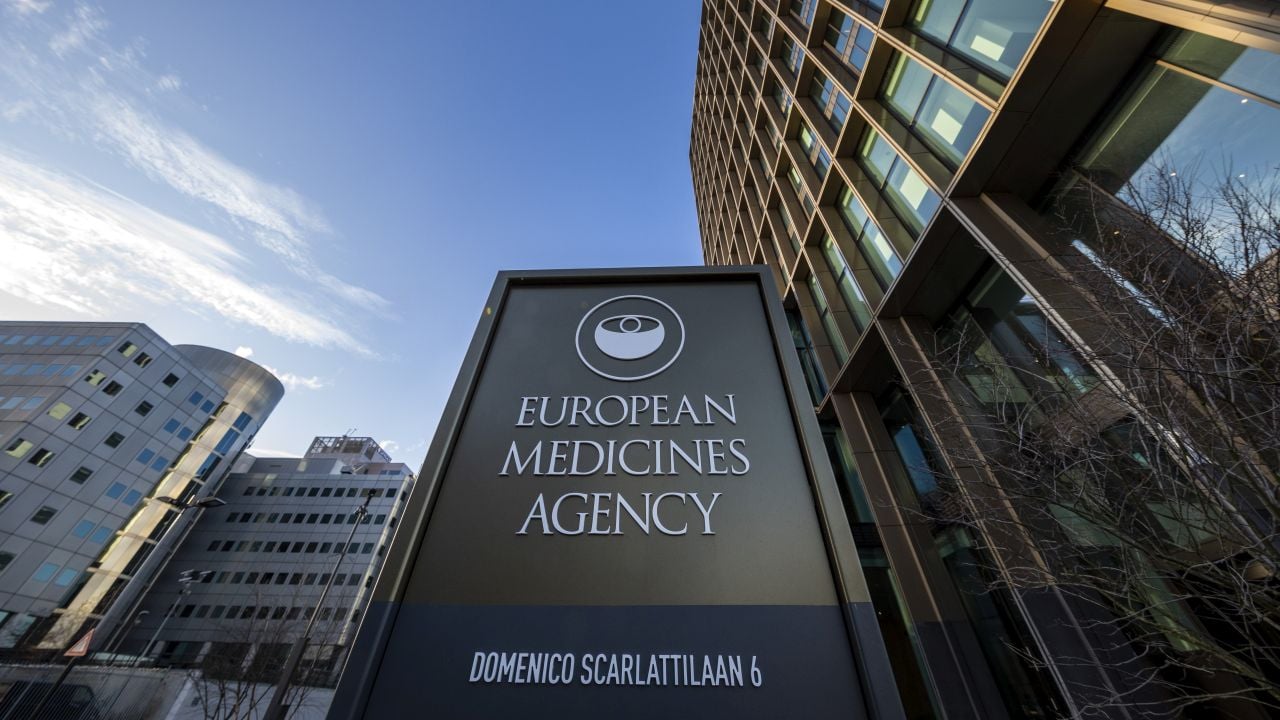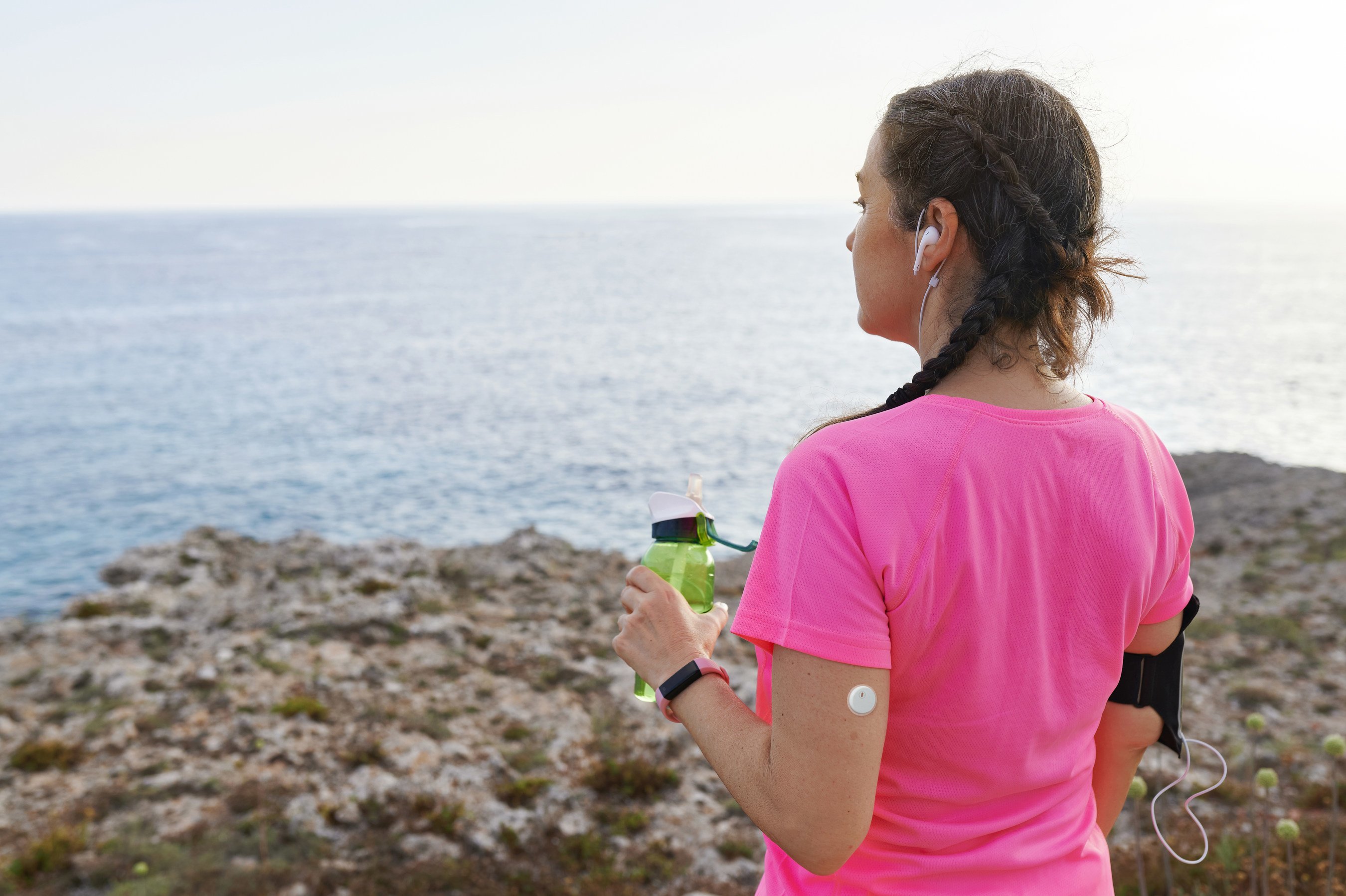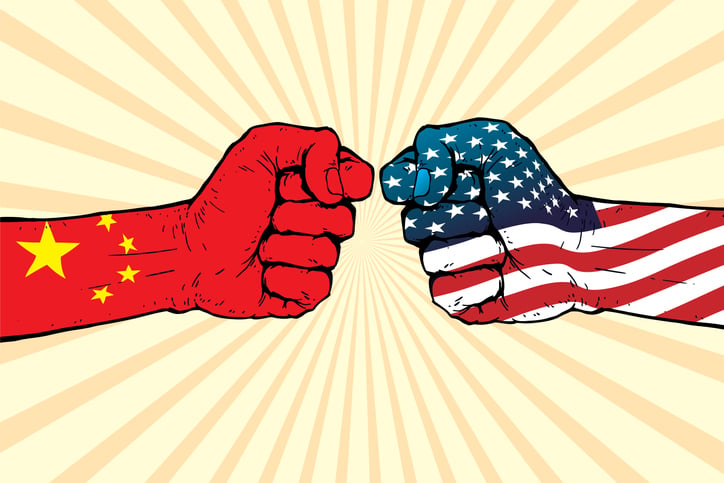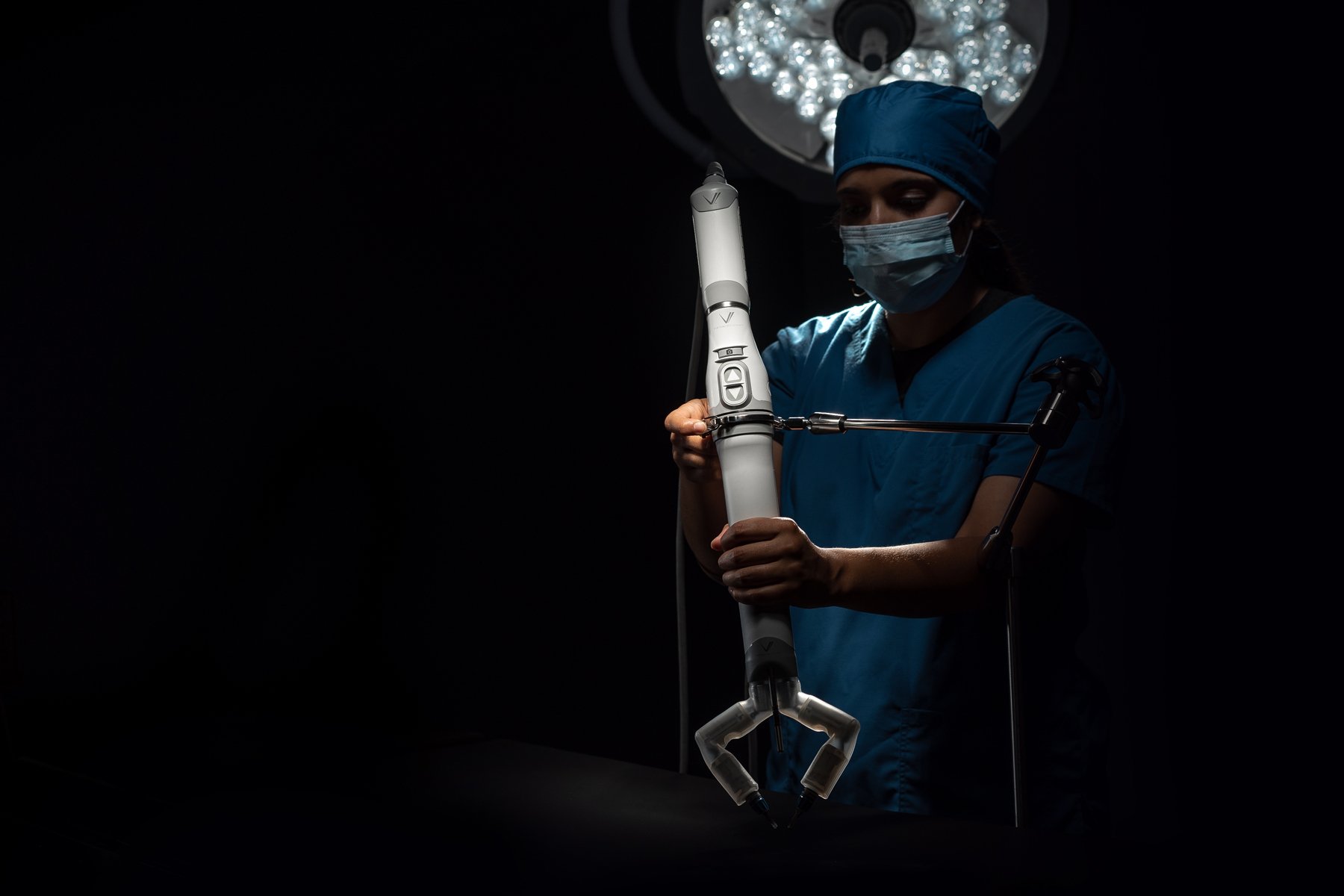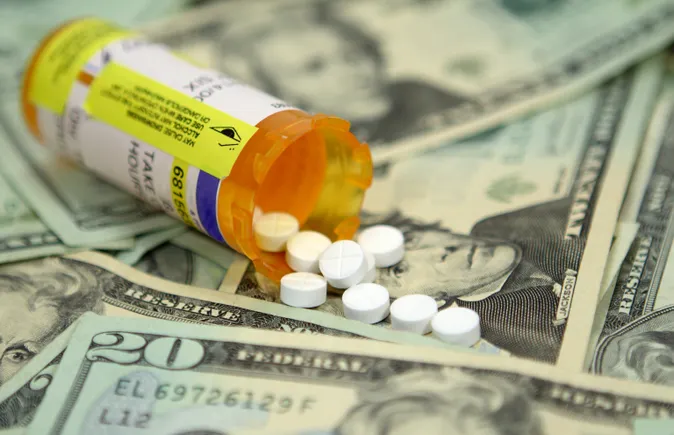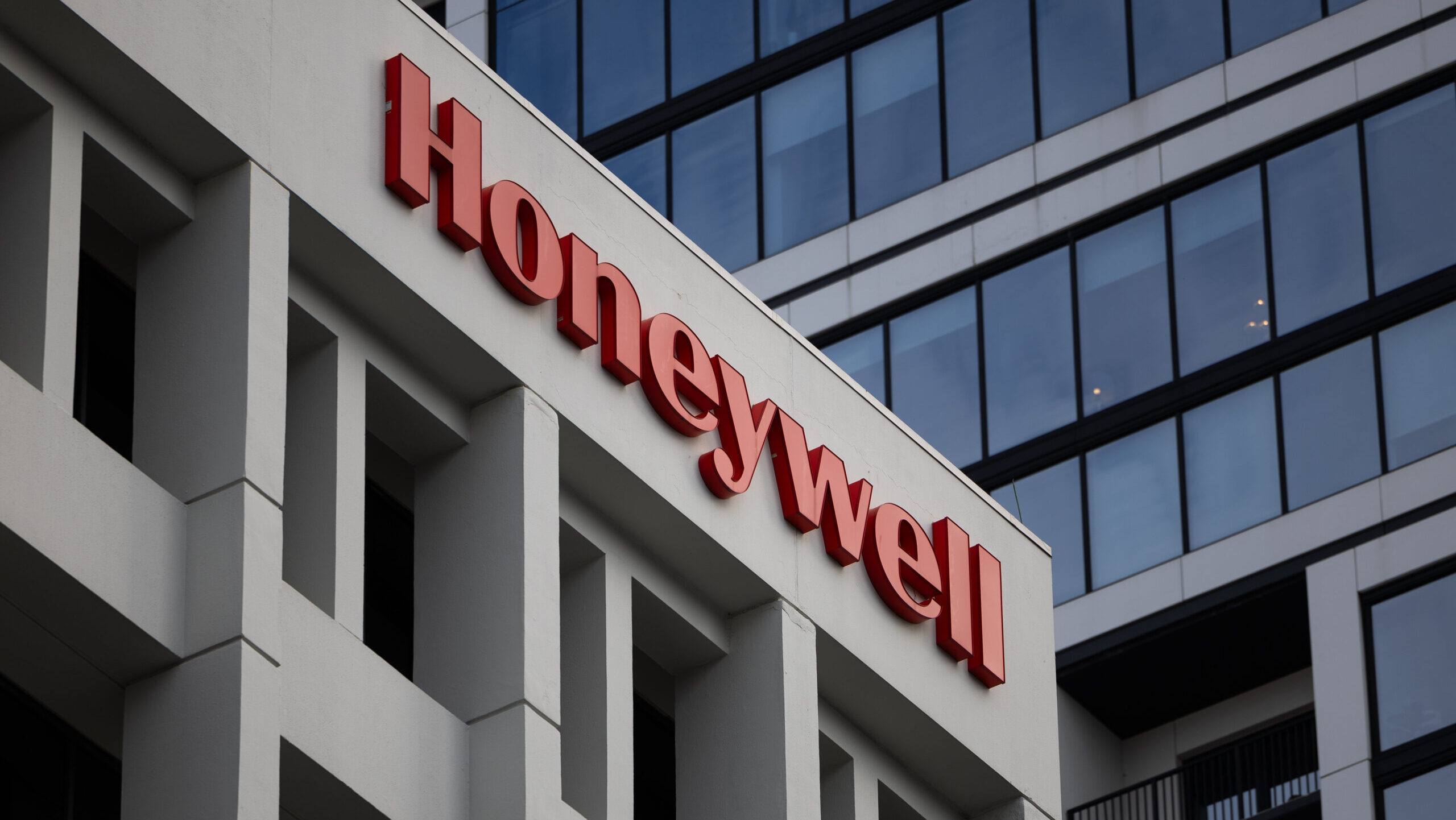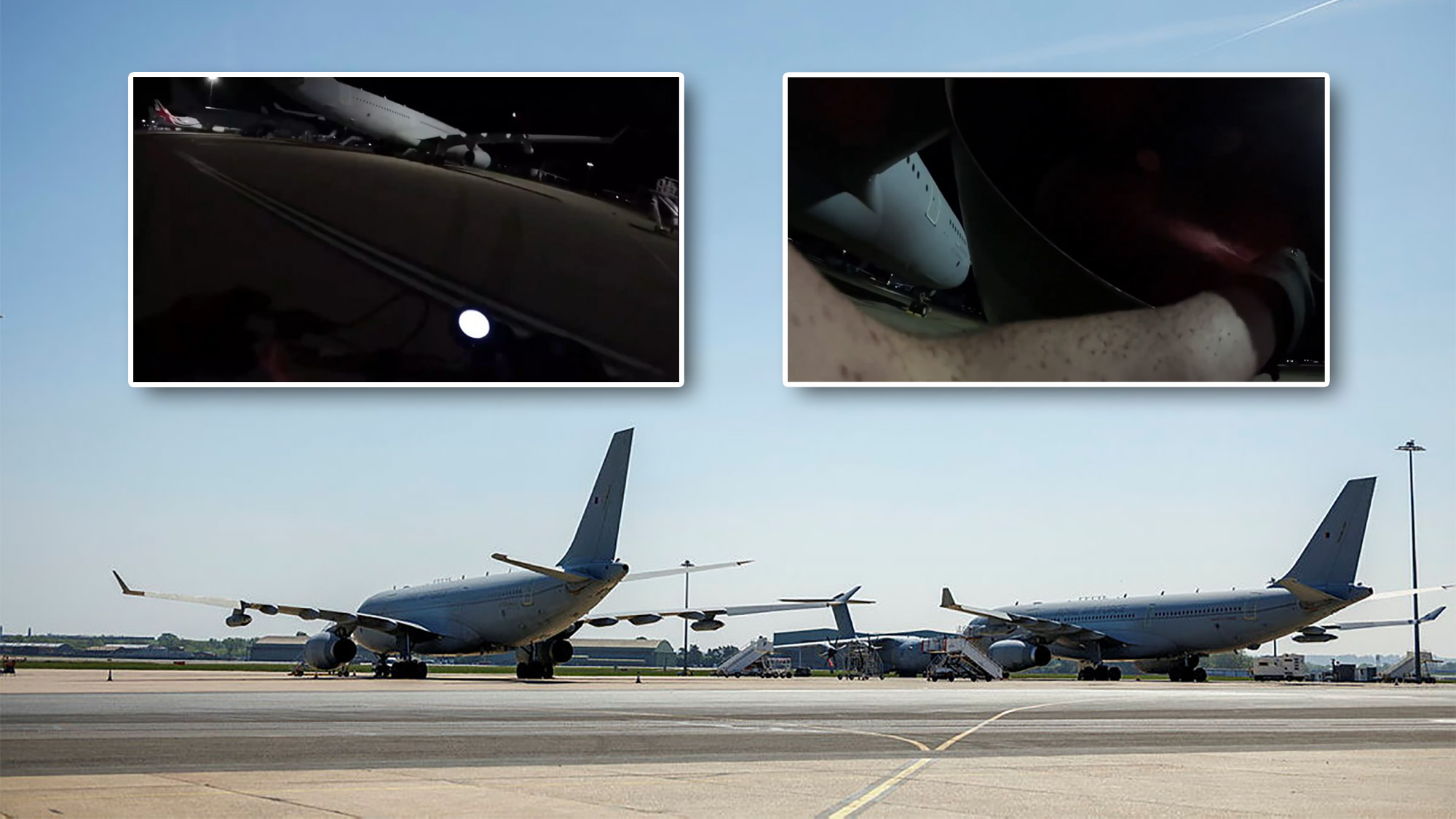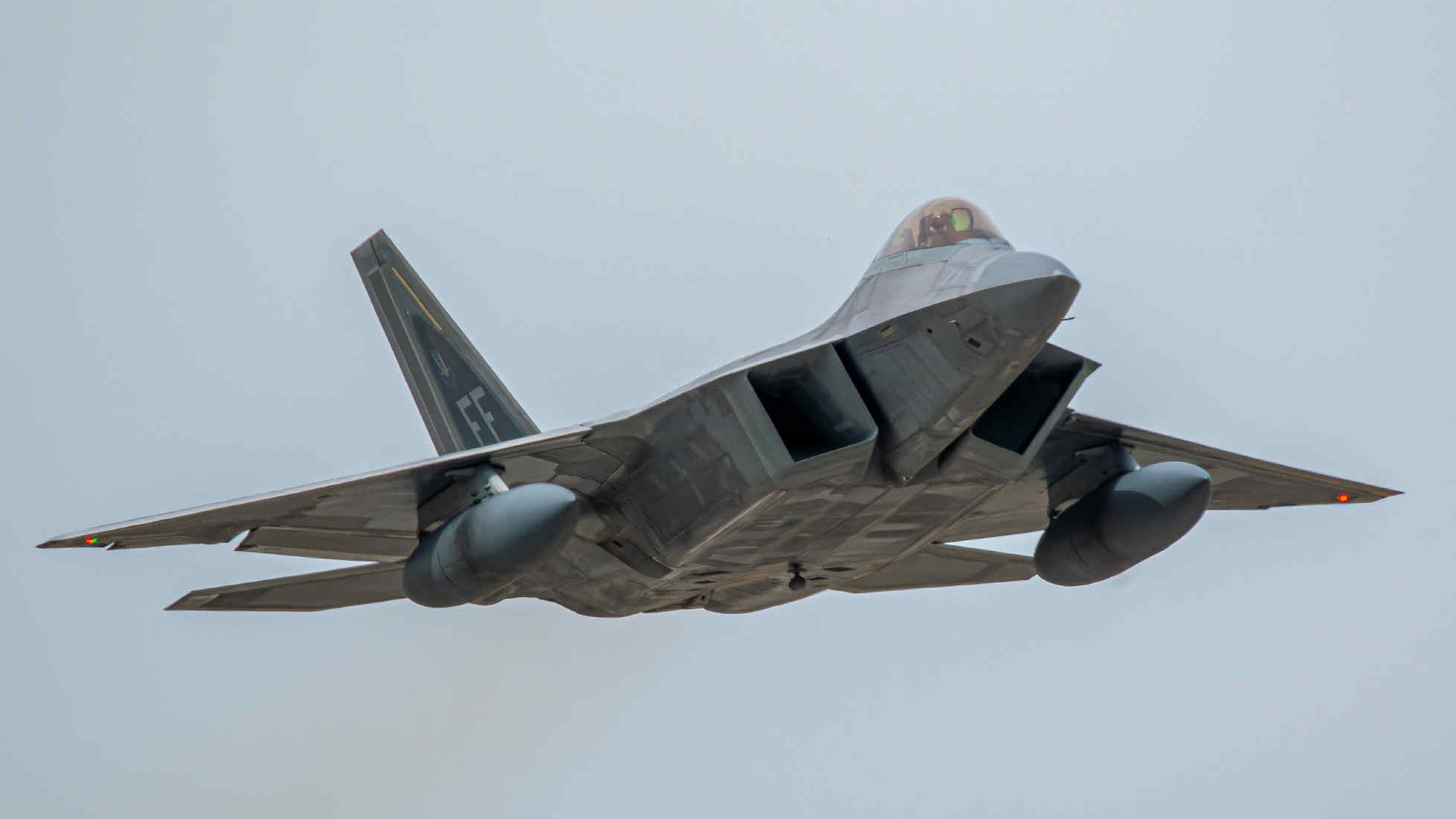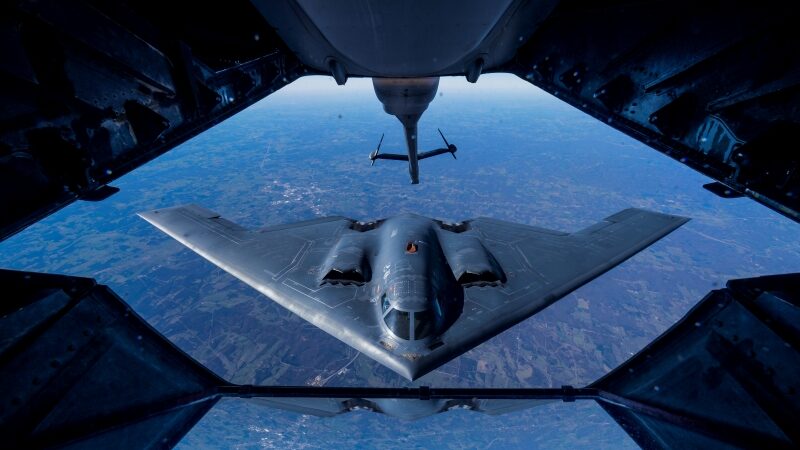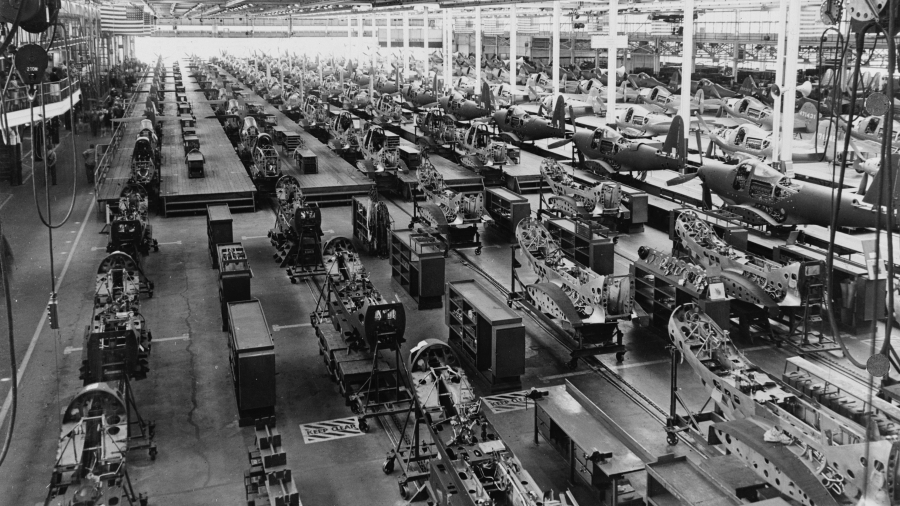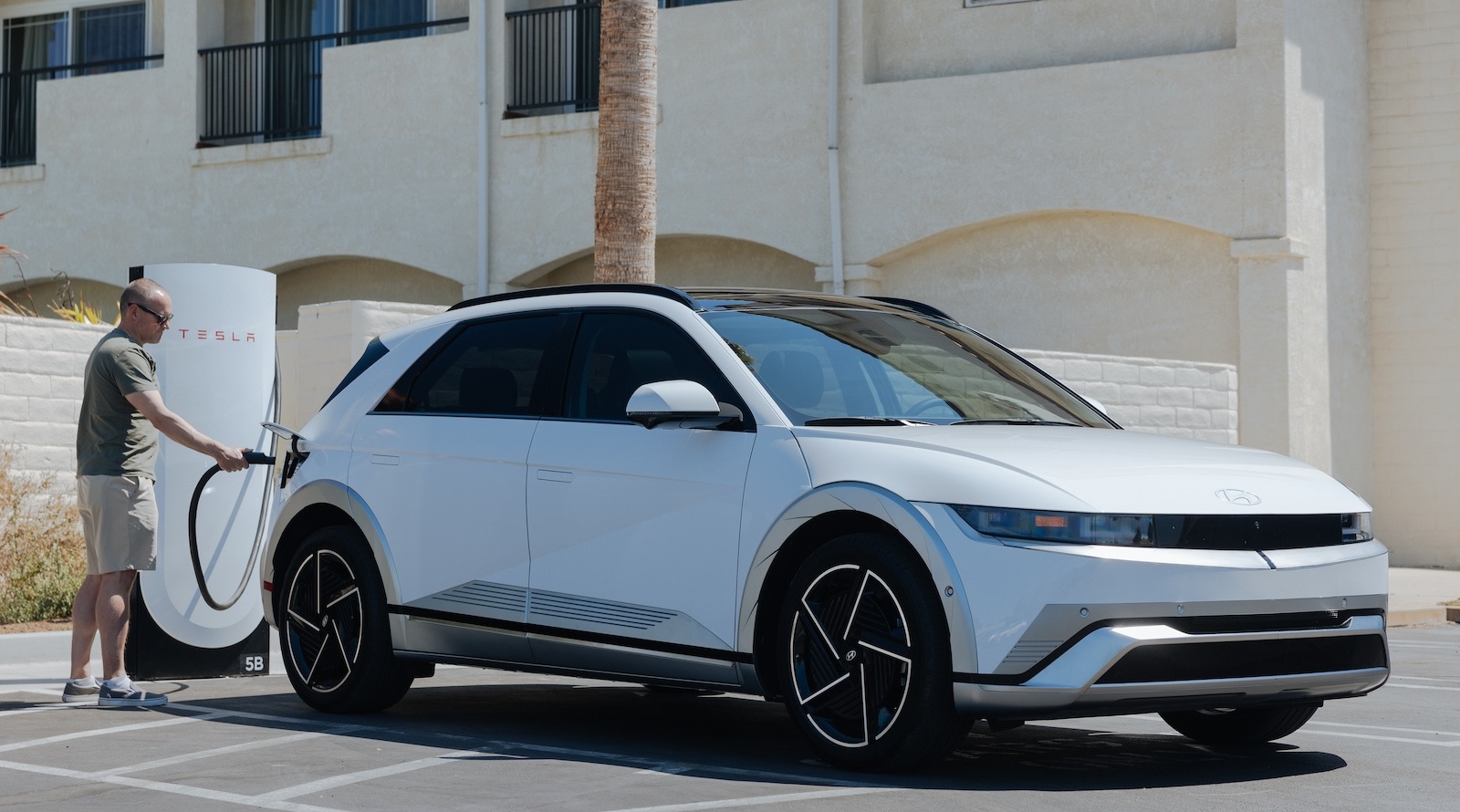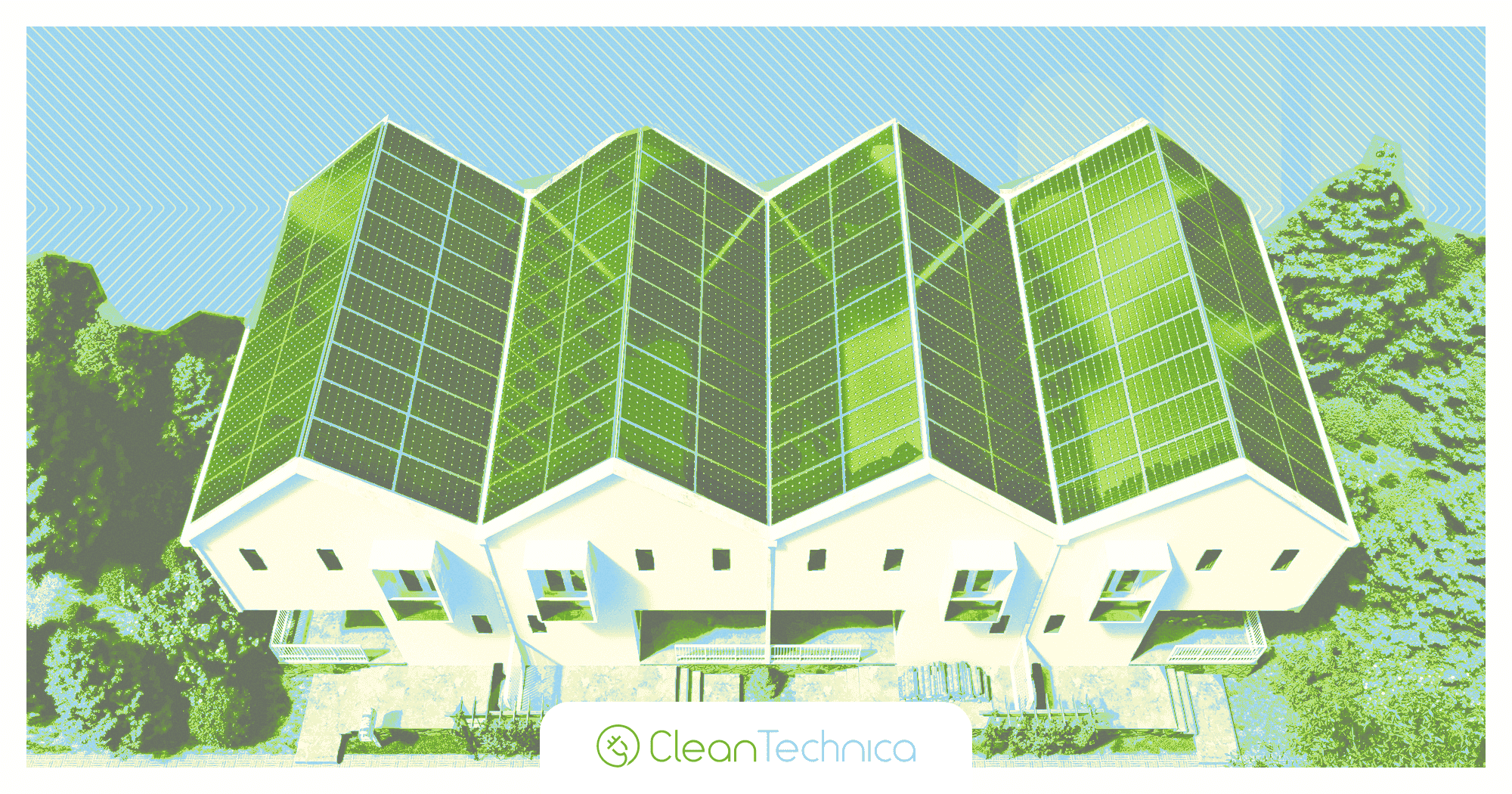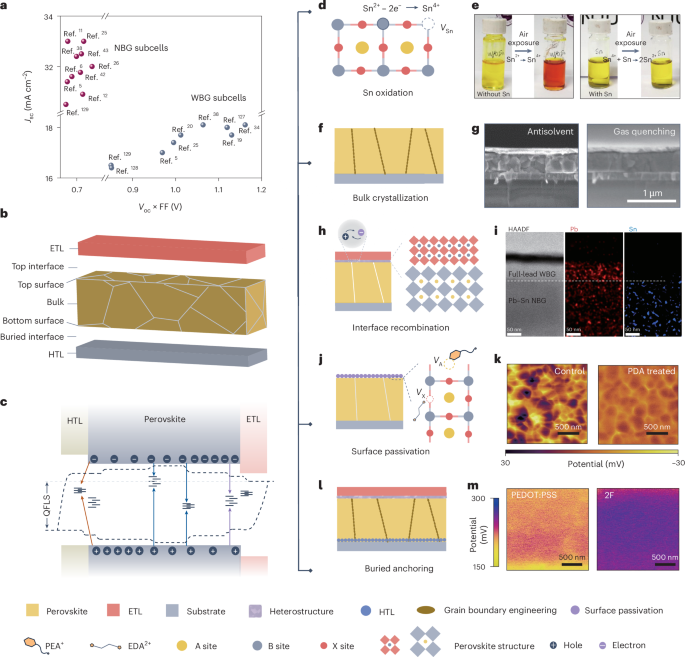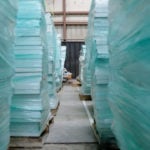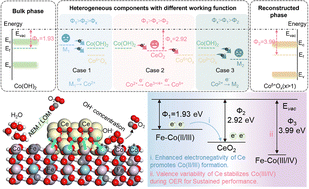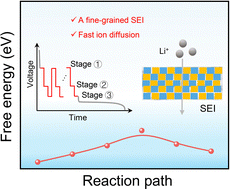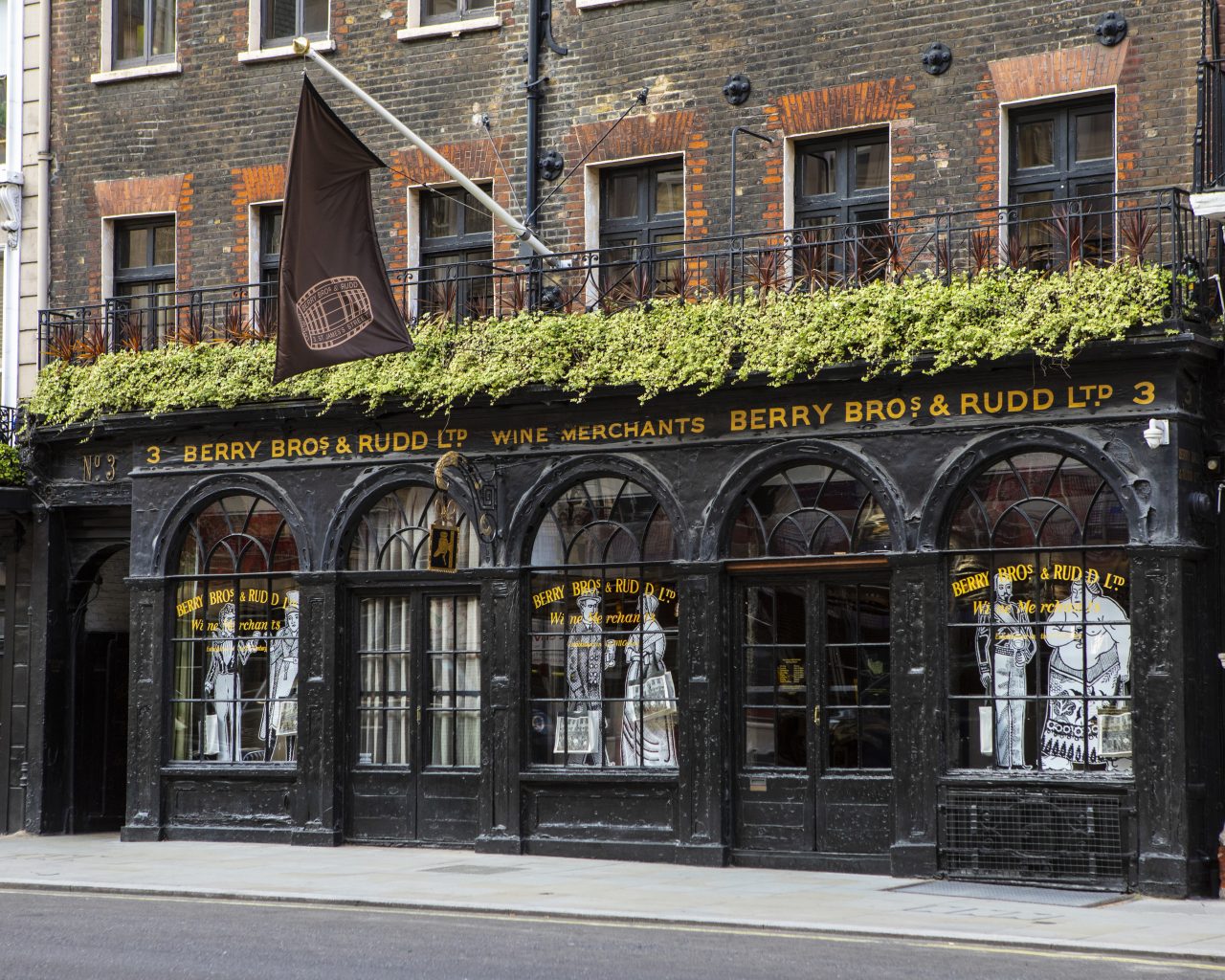Having gone viral on social media last year, Josh Cellars is now hoping to capitalise on another trend – the rise of non-alcoholic sparkling wine.
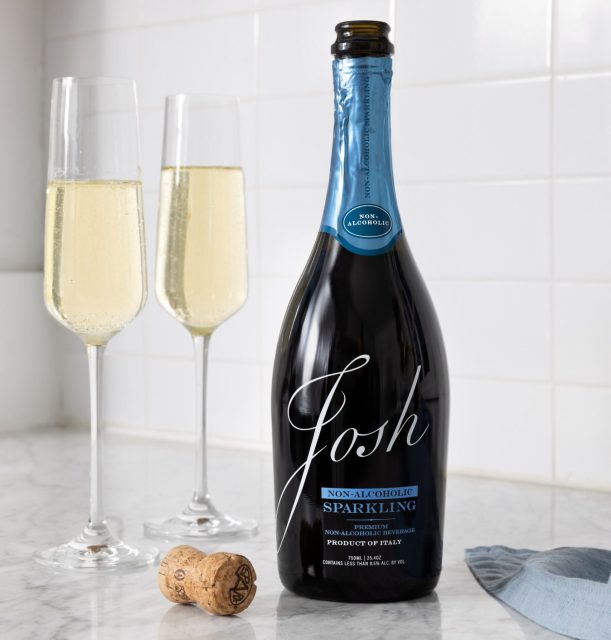
Although it was founded in 2007 by Joseph Carr as a tribute to his father, Josh, the US wine brand really hit the mainstream in January 2024 when online commenters latched onto the fact that the wine had a person's name,
with a flurry of memes generating significant publicity for Josh Cellars. As strange as this episode was, it became such a key moment for the brand that this "internet virality" is even mentioned in the PR blurb for Josh Cellars.
There is already a plethora of Josh wines available, ranging from the Californian staples of Cabernet Sauvignon and Chardonnay to Prosecco. Josh Cellars claims to be the largest and fastest growing US table wine in the US$11+ price level.
And now there's a new arrival to the range – Josh Cellars Non-Alcoholic Sparkling. Launched earlier this year as a limited release in a handful of markets. It has now been announced that it will be rolled out across the US.
Although made in Prosecco and along the same production lines as a Prosecco, because the wine has been de-alcoholised, it cannot be labeled as 'Prosecco' under the DOC's production laws. This is why brands which do sell a de-alcoholised Prosecco have to use other names, usually opting for the more generic 'non-alcoholic sparkling'. Interestingly, on Josh Cellars' website, both its regular Prosecco and the non-alc alternative have the same US$17.99 RRP.
Dan Kleinman, chief brand officer at Deutsch Family Wine & Spirits, which owns the Josh brand, commented: "As leaders in our category, we're not just looking to follow momentary trends. We want to help shape the future of the beverage industry, and we know that non-alcoholic offerings are part of that future."
The data suggests that interest in non-alcoholic wines, and especially sparkling, is not just there during Dry January.
One giant of the world of fizz,
Henkell Freixenet, saw 23.6% growth in sales its booze-free bottles, including the likes of Mionetto 0.0% and Freixenet 0.0%, last year – meaning that it now constitutes a considerable portion of the company's sales.

 Although it was founded in 2007 by Joseph Carr as a tribute to his father, Josh, the US wine brand really hit the mainstream in January 2024 when online commenters latched onto the fact that the wine had a person's name, with a flurry of memes generating significant publicity for Josh Cellars. As strange as this episode was, it became such a key moment for the brand that this "internet virality" is even mentioned in the PR blurb for Josh Cellars.
There is already a plethora of Josh wines available, ranging from the Californian staples of Cabernet Sauvignon and Chardonnay to Prosecco. Josh Cellars claims to be the largest and fastest growing US table wine in the US$11+ price level.
And now there's a new arrival to the range – Josh Cellars Non-Alcoholic Sparkling. Launched earlier this year as a limited release in a handful of markets. It has now been announced that it will be rolled out across the US.
Although made in Prosecco and along the same production lines as a Prosecco, because the wine has been de-alcoholised, it cannot be labeled as 'Prosecco' under the DOC's production laws. This is why brands which do sell a de-alcoholised Prosecco have to use other names, usually opting for the more generic 'non-alcoholic sparkling'. Interestingly, on Josh Cellars' website, both its regular Prosecco and the non-alc alternative have the same US$17.99 RRP.
Dan Kleinman, chief brand officer at Deutsch Family Wine & Spirits, which owns the Josh brand, commented: "As leaders in our category, we're not just looking to follow momentary trends. We want to help shape the future of the beverage industry, and we know that non-alcoholic offerings are part of that future."
The data suggests that interest in non-alcoholic wines, and especially sparkling, is not just there during Dry January.
One giant of the world of fizz, Henkell Freixenet, saw 23.6% growth in sales its booze-free bottles, including the likes of Mionetto 0.0% and Freixenet 0.0%, last year – meaning that it now constitutes a considerable portion of the company's sales.
Although it was founded in 2007 by Joseph Carr as a tribute to his father, Josh, the US wine brand really hit the mainstream in January 2024 when online commenters latched onto the fact that the wine had a person's name, with a flurry of memes generating significant publicity for Josh Cellars. As strange as this episode was, it became such a key moment for the brand that this "internet virality" is even mentioned in the PR blurb for Josh Cellars.
There is already a plethora of Josh wines available, ranging from the Californian staples of Cabernet Sauvignon and Chardonnay to Prosecco. Josh Cellars claims to be the largest and fastest growing US table wine in the US$11+ price level.
And now there's a new arrival to the range – Josh Cellars Non-Alcoholic Sparkling. Launched earlier this year as a limited release in a handful of markets. It has now been announced that it will be rolled out across the US.
Although made in Prosecco and along the same production lines as a Prosecco, because the wine has been de-alcoholised, it cannot be labeled as 'Prosecco' under the DOC's production laws. This is why brands which do sell a de-alcoholised Prosecco have to use other names, usually opting for the more generic 'non-alcoholic sparkling'. Interestingly, on Josh Cellars' website, both its regular Prosecco and the non-alc alternative have the same US$17.99 RRP.
Dan Kleinman, chief brand officer at Deutsch Family Wine & Spirits, which owns the Josh brand, commented: "As leaders in our category, we're not just looking to follow momentary trends. We want to help shape the future of the beverage industry, and we know that non-alcoholic offerings are part of that future."
The data suggests that interest in non-alcoholic wines, and especially sparkling, is not just there during Dry January.
One giant of the world of fizz, Henkell Freixenet, saw 23.6% growth in sales its booze-free bottles, including the likes of Mionetto 0.0% and Freixenet 0.0%, last year – meaning that it now constitutes a considerable portion of the company's sales. 










